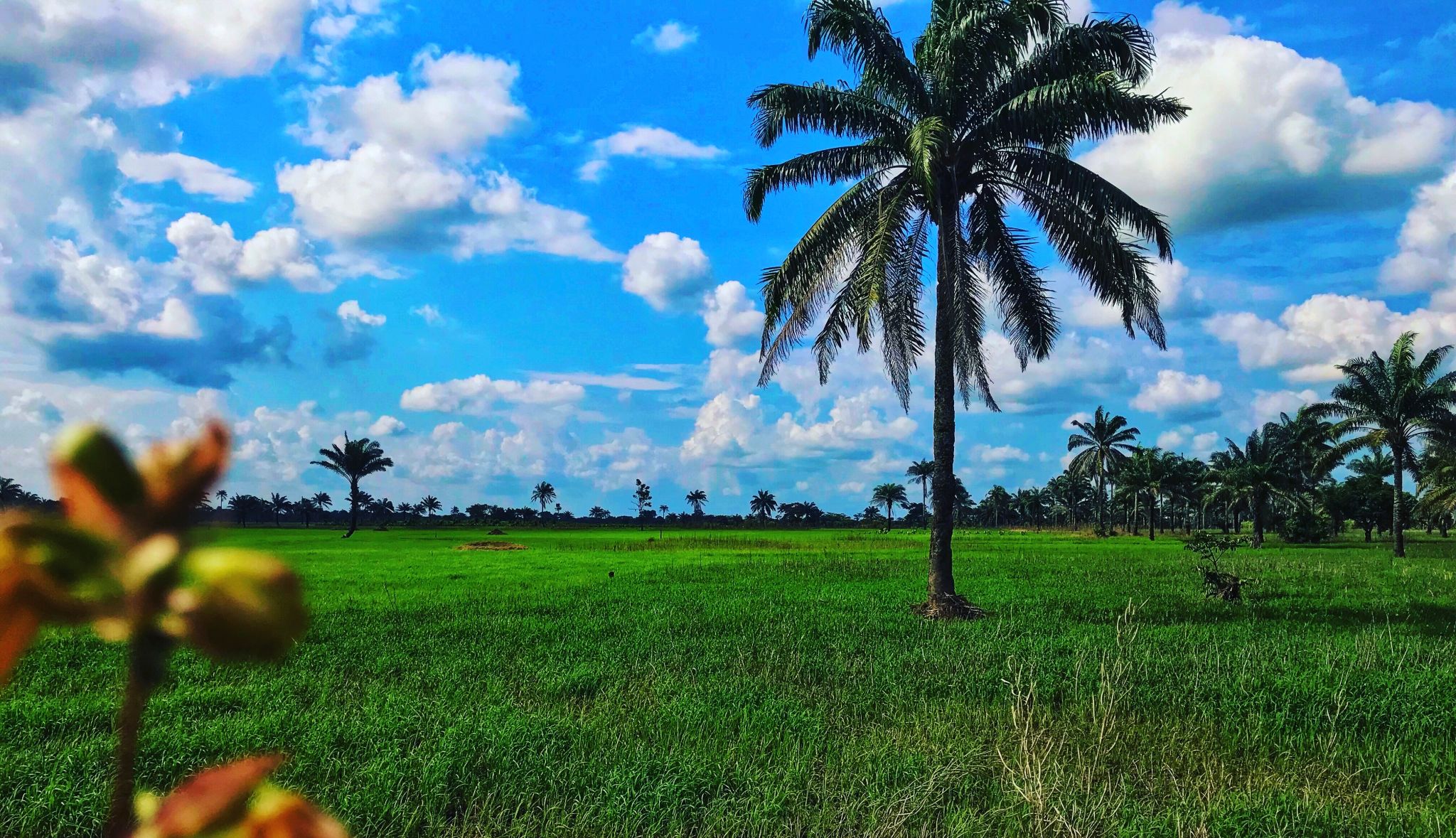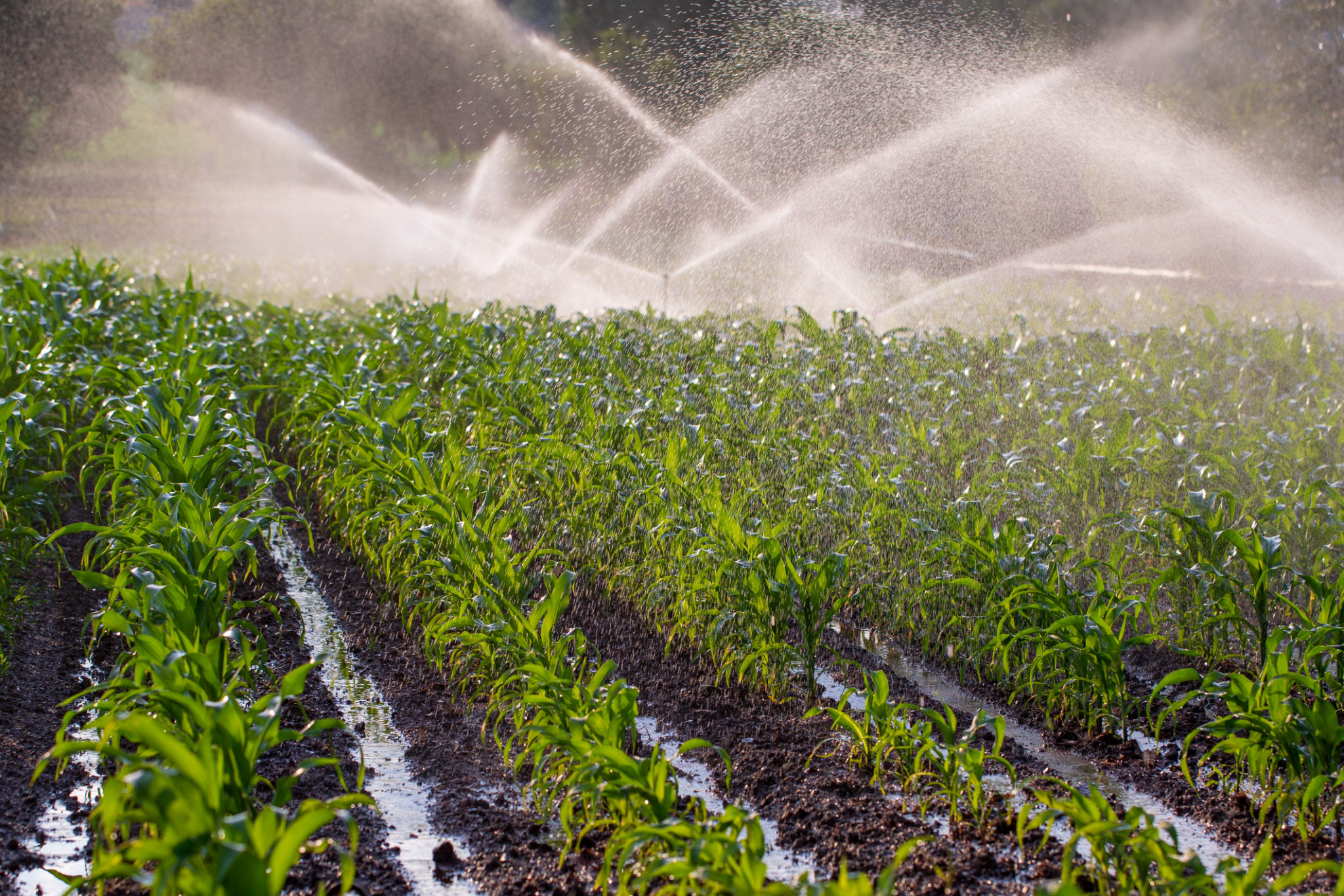Seasonal Tips for Regenerative Farming in Nigeria: Maximizing Crop Yield
Understanding Regenerative Farming
Regenerative farming is a holistic approach to agriculture that focuses on improving soil health, increasing biodiversity, and enhancing ecosystem services. In Nigeria, where agriculture is a significant part of the economy, adopting regenerative practices can lead to sustainable and resilient farming systems. By prioritizing soil regeneration, farmers can maximize crop yields while ensuring environmental sustainability.

Soil Health and Crop Yield
The cornerstone of regenerative farming is maintaining and improving soil health. Healthy soil leads to better water retention, reduced erosion, and increased nutrient availability, all of which contribute to higher crop yields. Nigerian farmers can achieve this by incorporating organic matter such as compost and manure into the soil. This practice not only enriches the soil but also enhances its structure, allowing for better root penetration and water absorption.
Cover cropping is another technique that can be employed to protect and enrich the soil. By planting cover crops during the off-season, farmers can reduce soil erosion, suppress weeds, and enhance soil fertility. Common cover crops like legumes also fix nitrogen in the soil, providing essential nutrients for future crops.

Water Management Strategies
Efficient water management is crucial for maximizing crop yield, especially in regions with unpredictable rainfall patterns. Implementing rainwater harvesting systems can help farmers capture and store water for use during dry periods. Additionally, using drip irrigation can deliver water directly to the plant roots, minimizing water wastage and ensuring that crops receive adequate moisture.
Mulching is another effective water management practice. By covering the soil with organic or inorganic materials, mulching helps retain soil moisture, suppress weeds, and regulate soil temperature. This simple yet powerful technique can significantly improve water efficiency and crop productivity in Nigeria's diverse climates.

Promoting Biodiversity
Creating a diverse farming ecosystem can lead to healthier crops and increased resistance to pests and diseases. Nigerian farmers can encourage biodiversity by planting a variety of crops, including native species that are adapted to local conditions. Crop rotation is another strategy that can help break pest and disease cycles while improving soil fertility.
Integrating livestock into the farming system can also enhance biodiversity. Livestock such as poultry and cattle can provide natural fertilizers through their manure while grazing animals help manage plant growth and promote nutrient cycling. This symbiotic relationship supports a balanced ecosystem that benefits both the crops and the environment.

Community Involvement and Education
For regenerative farming to be successful on a larger scale in Nigeria, community involvement and education are vital. Farmers' groups and cooperatives can play an important role in sharing knowledge and resources. By organizing workshops and field days, these groups can educate farmers about regenerative practices and their benefits.
Additionally, collaboration with agricultural extension services and research institutions can provide farmers with access to the latest advancements in regenerative agriculture. These partnerships can facilitate the development of locally adapted practices that meet the unique challenges faced by Nigerian farmers.

Long-term Benefits of Regenerative Practices
Adopting regenerative farming practices not only maximizes crop yield but also offers long-term benefits such as improved soil fertility, enhanced ecosystem services, and increased resilience to climate change. Nigerian farmers who embrace these practices can expect more sustainable livelihoods and contribute to food security for future generations.
By focusing on soil health, water management, biodiversity promotion, and community education, regenerative farming provides a pathway to more resilient agricultural systems in Nigeria. As more farmers adopt these methods, they will pave the way for a sustainable agricultural future that benefits both people and the planet.
